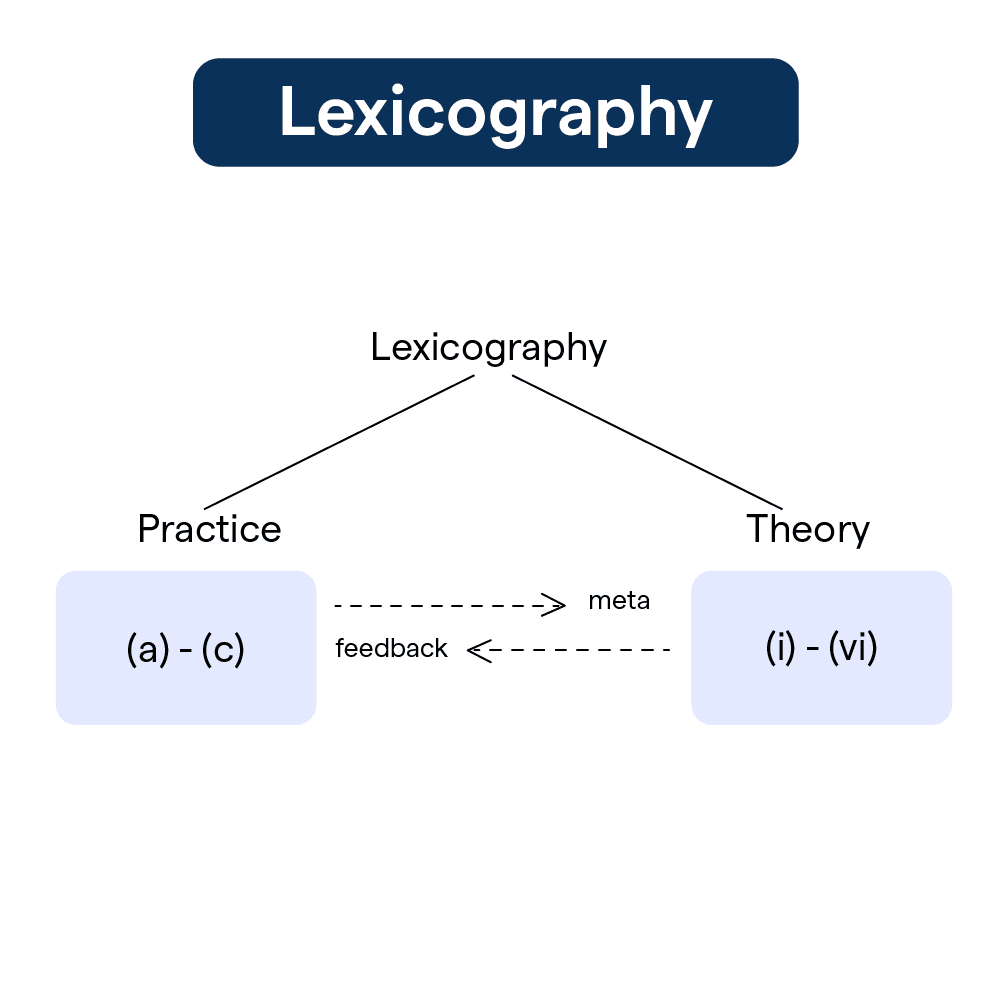What is Lexicography?
Lexicography is the science and art involved in the creation, editing, and study of dictionaries. In essence, it's all about compiling, organizing, and presenting linguistic information.
The primary function of lexicography is to provide comprehensive, reliable lexical resources for language learners, linguists, and the general public. It helps in understanding language structures, usage, and evolution.
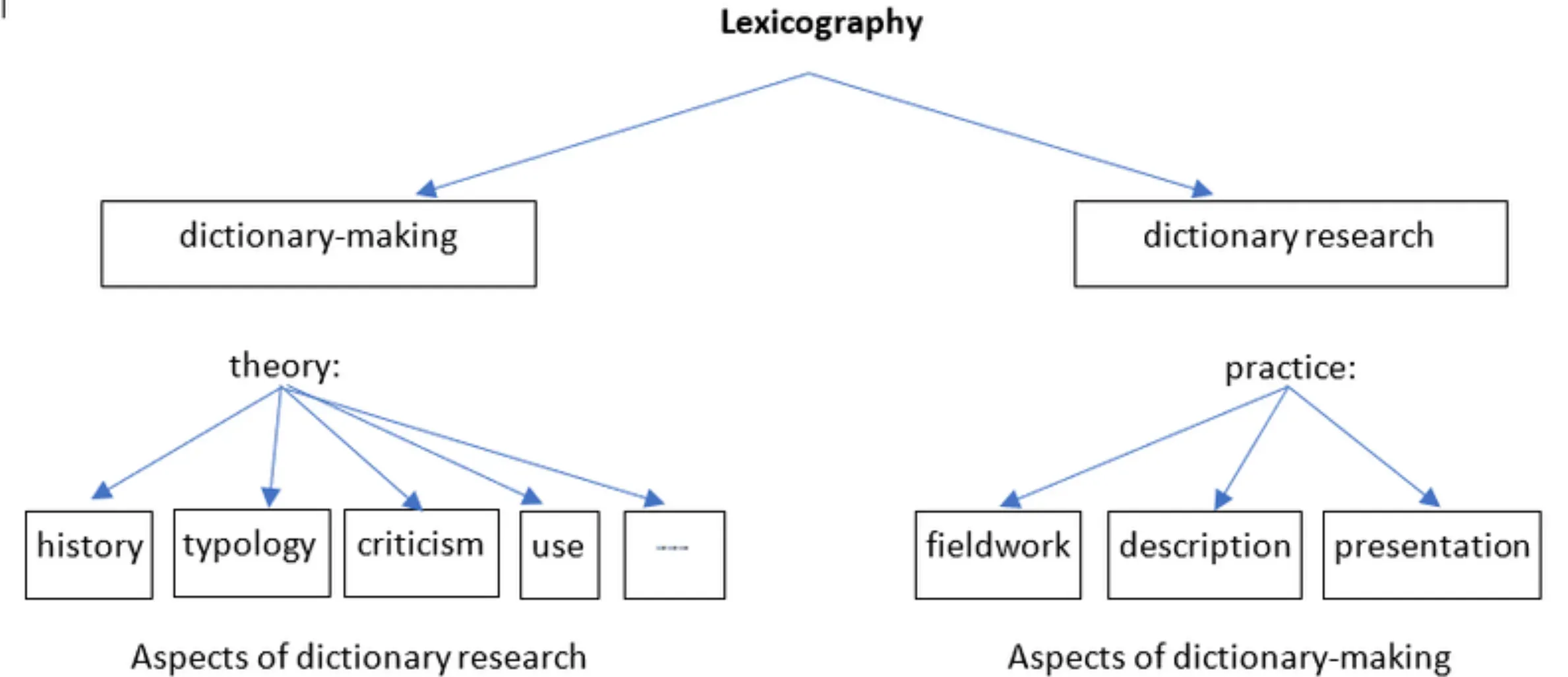
The Role of a Lexicographer
A lexicographer is a professional involved in the creation of dictionaries. Their work involves research, analysis, and organization of words and their meanings.
Lexicography has a rich history, dating back to ancient civilizations where word lists were created. The discipline has evolved with the growth of languages and advancements in technology.
Components of Lexicography

Selection of Entries
In lexicography, the first critical step is the selection of lexical entries. It involves choosing the words and phrases to be included in a dictionary.
Defining the Words
Defining the words is the core task in lexicography. It involves formulating concise, accurate descriptions of a word's meanings in the relevant language.
Arranging the Entries
Entries in a dictionary are generally arranged in alphabetical order. However, the arrangement can also be thematically or based on word classes in certain specialized dictionaries.
Providing Examples of Usage
To offer a comprehensive understanding, lexicographers often provide examples of how a word is used in actual context. This aids in understanding the varied nuances of word meanings.
Types of Lexicography
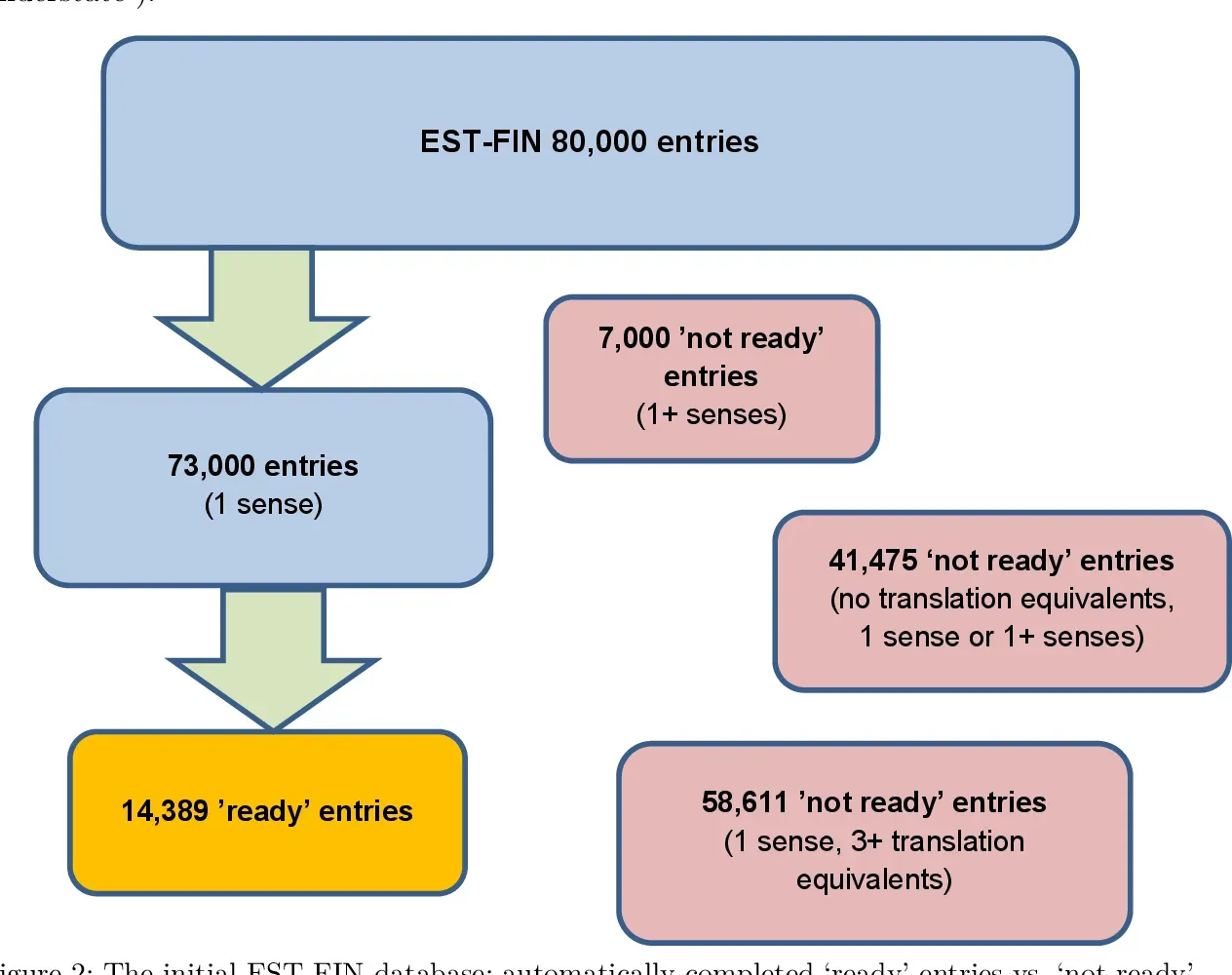
Monolingual Lexicography
Monolingual lexicography involves the compilation of dictionaries in a single language. It focuses on providing definitions, synonyms, antonyms, and examples of usage.
Bilingual Lexicography
Bilingual lexicography is about compiling dictionaries that translate words and phrases from one language to another. These dictionaries are pivotal resources in language learning and translation.
Computational Lexicography
Computational lexicography employs technology to compile and manage digital lexical databases and create electronic dictionaries. It leverages techniques from fields like natural language processing and artificial intelligence.
Specialized Lexicography
Specialized lexicography involves the creation of dictionaries for specific domains such as law, medicine, linguistics, or specific groups of people like children, professionals, or language learners.
Lexicography and Linguistics
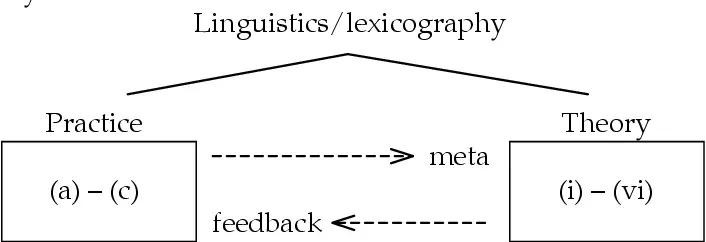
Lexicography as a Subfield of Linguistics
While lexicography and linguistics are distinct disciplines, lexicography operates as a subfield of linguistics.
The former relies on the latter's theoretical framework to understand language and create dictionaries.
Role of Linguistic Theories in Lexicography
Linguistic theories are essential in helping lexicographers understand language semantics, syntax, morphology, and pragmatics.
This understanding aids in appropriately defining and documenting words.
Corpus linguistics in Lexicography
Corpus linguistics, studying language as expressed in samples (corpora) of "real world" text, greatly aids lexicography.
It offers contextual insights into word usage, new words, and the evolution of word meanings.
Lexicography and Semiotics
Semiotics, the study of signs and symbols, interplays with lexicography in understanding how words function as signs in language to convey specific meanings.
Lexicography Processes
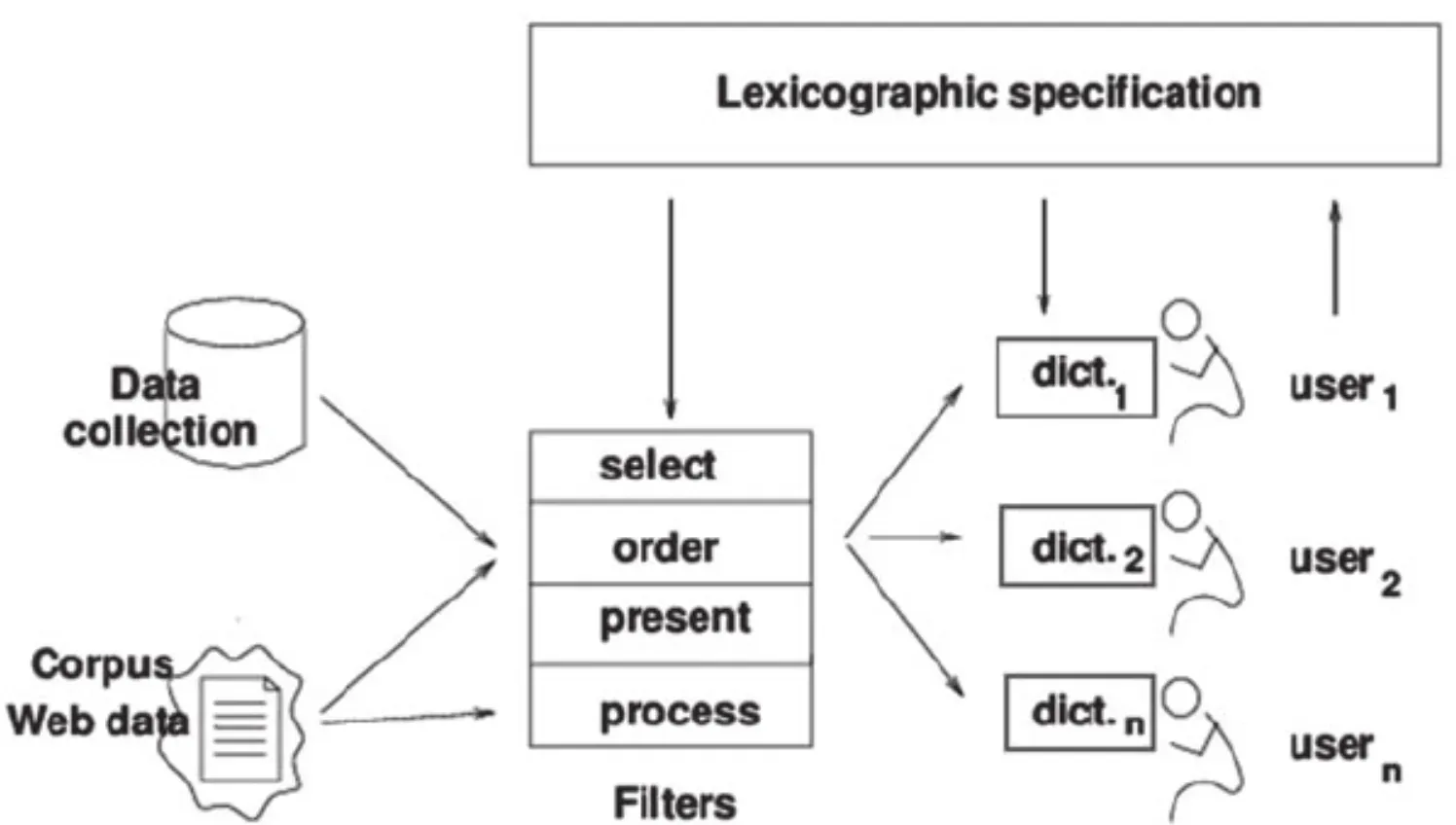
- Compilation: The process of dictionary-making starts with the compilation of words, phrases, and lexical data from various sources like literary works, professional texts, spoken language, and digital media.
- Research: Lexicographers conduct extensive research to ensure the accuracy of word meanings, etymology, phonetics, syntax, usage, and more. This involves both empirical research and consultation with language experts.
- Editing: Editing in lexicography involves checking for accuracy, consistency, comprehensibility, and formatting coherence. It ensures the quality and reliability of the final dictionary product.
- Publication: Publication is the final stage in lexicography. It once referred only to print dictionaries, but now includes online dictionaries, mobile applications, and digital language databases.
Challenges in Lexicography
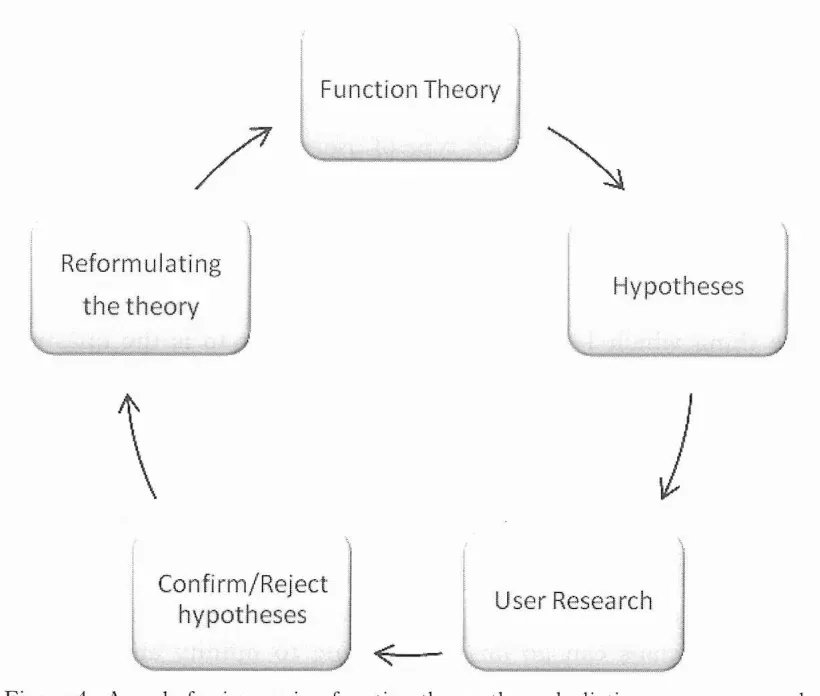
Dealing With Language Change
Language is always in flux, with new words being coined and meanings changing. Lexicographers face the challenge of keeping dictionaries updated with these changes.
Standardization vs Variation
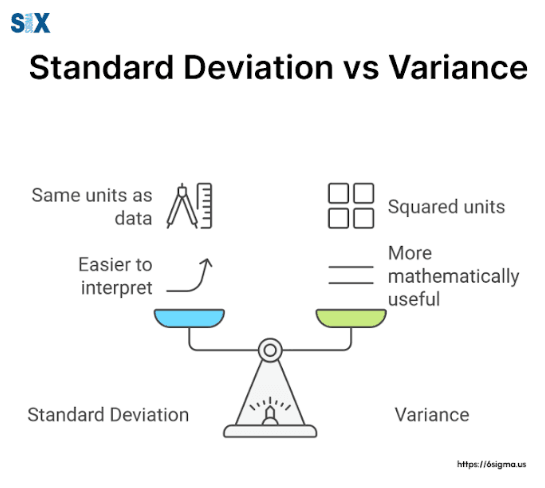
The balance between appropriate standardization and representing non-standard or regional variations is another challenge in lexicography.
Dictionaries should first and foremost inform, but should also recognize language diversity.
Representing Culture
Words often carry cultural nuances and connotations. Ensuring culturally sensitive and accurate presentation in dictionaries is an essential yet challenging aspect of lexicography.
Technology in Lexicography
The rise of digital media and communication has dramatically increased the amount of lexical data to be analyzed. Leveraging technology effectively to manage this data is a critical challenge in modern lexicography.
Lexicography in the Digital Age
- Digital Dictionaries: In the digital age, dictionaries have moved from print to digital platforms. Online dictionaries offer various advantages like easy updates, user-friendly features, and unlimited lexical inclusion.
- Crowd-Sourced Lexicography: The internet has enabled the democratization of lexicography. Platforms like Urban Dictionary allow users to contribute definitions, highlighting language change and variation in real-time.
- Corpus Query Systems: Using a corpus query system, lexicographers can access and analyze large digital language corpora. It aids in finding real usage examples, semantic patterns, and tracking language change.
- Lexical Databases: Digital lexical databases store linguistic data that can be easily updated and searched. It provides a robust resource for lexicography, natural language processing, and linguistic studies.
Frequently Asked Questions (FAQ)
What is lexicography?
Lexicography is the science and art of creating, editing, and studying dictionaries. It involves the systematic compilation, organization, and presentation of linguistic information.
What does a lexicographer do?
A lexicographer is involved in researching, analyzing, organizing, and defining words and their meanings in the creation of dictionaries.
What are the different types of lexicography?
Lexicography has various types including monolingual, bilingual, computational, and specialized lexicography, each catering to specific lexical needs and applications.
How does lexicography relate to linguistics?
While they are distinct disciplines, lexicography operates as a subfield of linguistics. It relies on linguistic theories to understand language structures and semantics while creating dictionaries.
What are the challenges in lexicography?
Challenges in lexicography include keeping up with language change, striking a balance between standardization and variation, representing cultural nuances accurately, and effectively leveraging technology in handling extensive lexical data.
